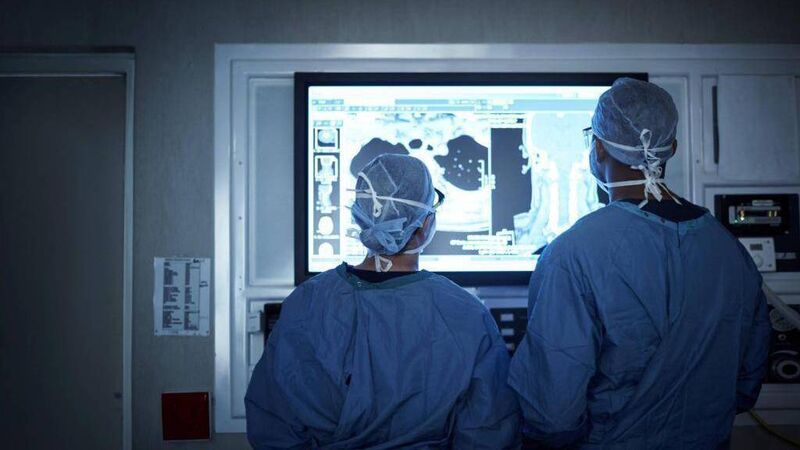Exciting careers in medicine and pharma

Ireland is developing a wide skill base across the sciences to keep pace with an era of global innovation in medicine and pharmaceuticals.
It is an exciting time for medicine innovators and students weighing up a possible career in pharmaceuticals and all the sector has to offer.
The pharmaceutical industry played a major role in the battle against Covid-19 over the past two years or so, from the development to the delivery of vaccines.











